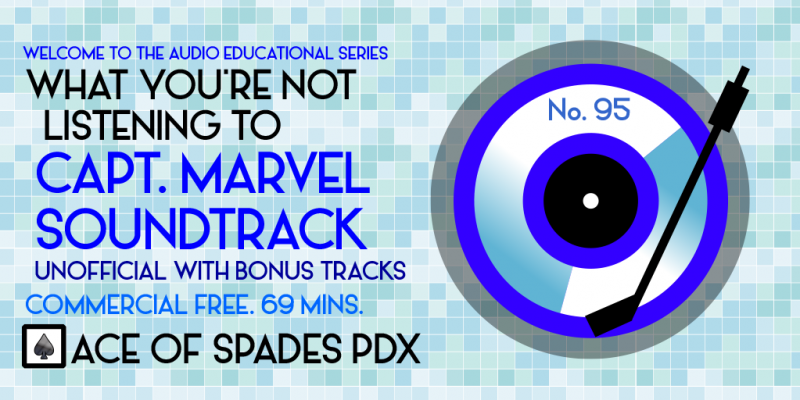Podcast: Play in new window | Download | Embed
Though no one seems to know why, the songs in film soundtrack to Captain Marvel didn’t rate a physical release, which is a major disappointment, considering the number of Black female artists in it. So, giving you a special digital one here, since they can’t pull it off. #moviemusic #captainmarvel #MCU #Marvel #brielarson
Going to get all Sophia Petrillo from The Golden Girls on you for a hot second: Picture it, Los Angeles, November, 1976. Grandma says she’s getting me an album she saw on TV for my birthday. I am hoping it’s K-Tel’s Right On. Instead, I get Pinball Rock. Of course I’m not angry, just…a little more than disappointed.
Unlike Sophia, who actually attempted to tell Rose, Blanche and Dorothy that she slept with Pablo Picasso, this story is real.

For those of us who are music lovers, a word to all the Marvel Cinematic Universe (MCU) fanboys/fangirls/fan non-binary persons: By and large, the vintage music selections in these films are passable at best and many times a series of missed opportunities. Seriously, who puts out an album absurdly titled “awesome mix” that puts Marvin Gaye and Tammi Terrell next to what is possibly the worst cover song in history, “Hooked On a Felling”, with re-written lyrics, by Blue Swede.
There are three words for this: Heretic! Blasphemer! Dilettante!
Just because you fell for something wrapped in a talking raccoon doesn’t make it awesome. There is nothing, and I mean ABSOLUTELY NOTHING awesome about this group or this track. Dave Jordan, the music supervisor for the entire MCU films, gets it right every once in a while, but more often than not misses the mark. To compare and contrast, one look no further than Kier Lehman, who is responsible for the songs in the television program Black Lightning, and has yet to disappoint once in over 45, yes, two score and five, episodes.
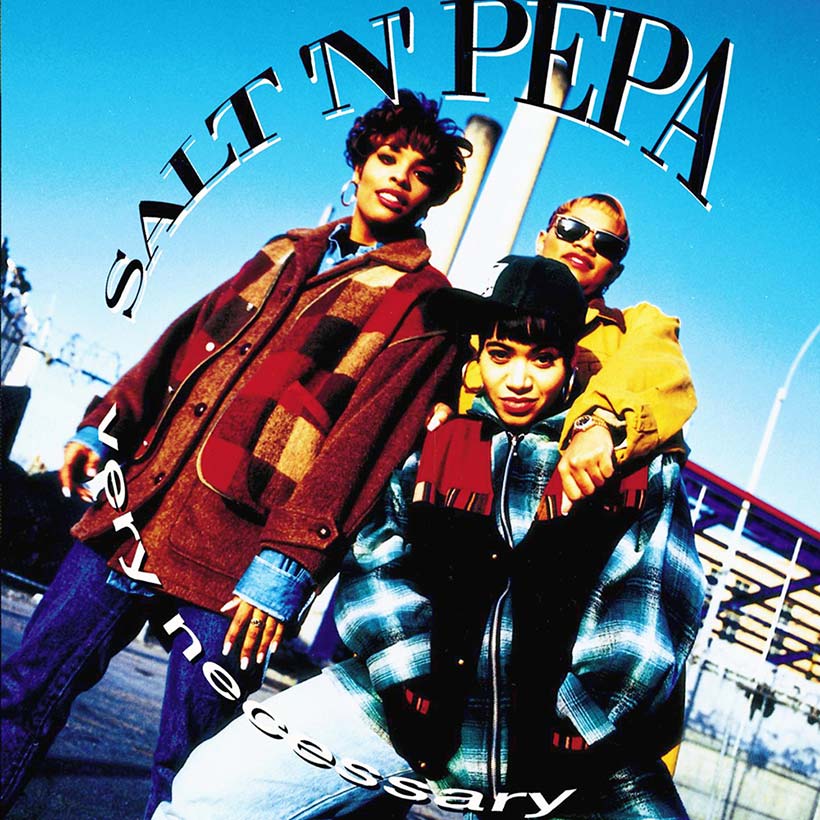
And please, don’t get your Underoos in a bunch and spare me the “you’re DC and not Marvel” BS. Seriously, I could give a rat’s ass one way or another. I am not holding on to a memory of a Spider-Man lunchbox when I was in the 4th grade here while the school bully had a Superman one and carrying around that anger for 40 years. A film or TV program is about a whole package: a script, actors, directors, technical people, a soundtrack and much more.
Like the Jackson 5 said in 1973: G.I.T.: Get it together, or leave it alone.
Once in a while, the MCU gets it serious as a heart attack dead on. The Black Panther music release didn’t need a movie. We can thank the talents of the amazing Kendrick Lamar for compiling and producing a soundtrack that more than stands on its own and it deserves to be in your collection.
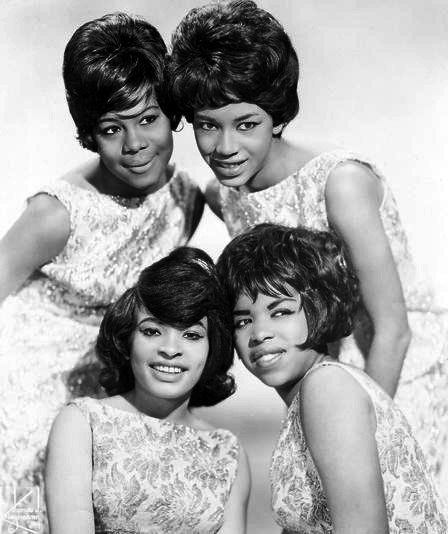
I know I am asking too much. Even when the MCU decides to put a “serious message song” (copyright pending) in a film, it feels forced and more like product placement. In the words of Nate Jones, writing for the New York magazine’s Vulture website: “Expecting bold political art to emerge from a massive commercial factory will almost always let you down.”
Often, even the leitmotifs (those musical character cues when the hero or villain appear) in the MCU don’t carry over from one film to the next, unlike in the Star Wars series, due to Marvel using a variety of different composers, as well as an odd sound mix that buries them in the background.
Is this what fanboys/fangirls/fan non-binary persons mean by problems with continuity? Let’s just say I will give you the benefit of the doubt here and assume we are all on the same page.
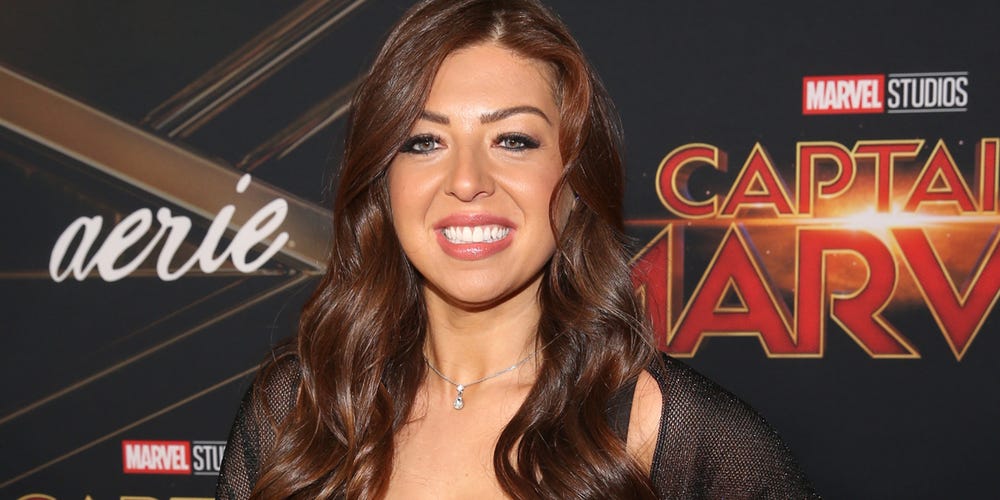
Which brings us to Captain Marvel. It’s set in the mid 1990’s in Southern California with the lead being played by Brie Larson, a person in their 20’s playing a person in their 20’s. This is more than relatable to me because your host was also a person in their 20’s during this time frame and in this location.
As far as the film is concerned, they nailed the look, feel and, most importantly, the sounds of 1995 Southern California pretty damn well. It is also, in my honest opinion, the best chapter MCU has done with their comic book characters. Yes, heavy things are going down, but there is still a sense of fun and humor in it. Because at the end of the day, it’s still people running around in spandex and rubber suits acting badass.
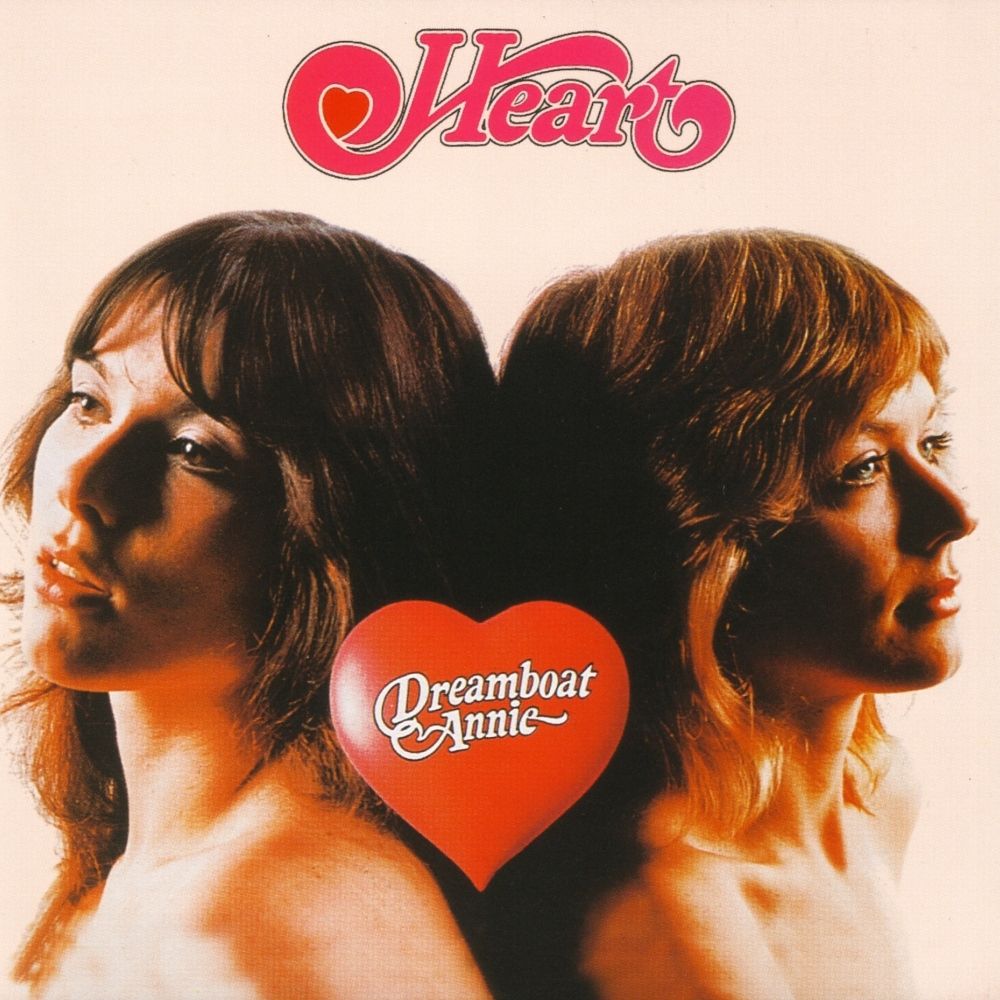
Additionally, the sound mix for the score is unfortunately a problem with Captain Marvel, which features a female composer from Turkey, Pinar Toprak, a first for the MCU. At least with this film you can actually purchase or stream a copy of her excellent work and hear what I am talking about.
What is sadly absent: a physical soundtrack featuring the songs in the film. Maybe it was due to licensing, maybe no one simply thought it would sell, who knows. After my husband Travis and I watched the film, he could not stop raving about how much he loved the music in it, which primarily derives from the early to mid-1990’s and features a great many female artists, especially Black female artists, another surprising turn for a Marvel franchise film.
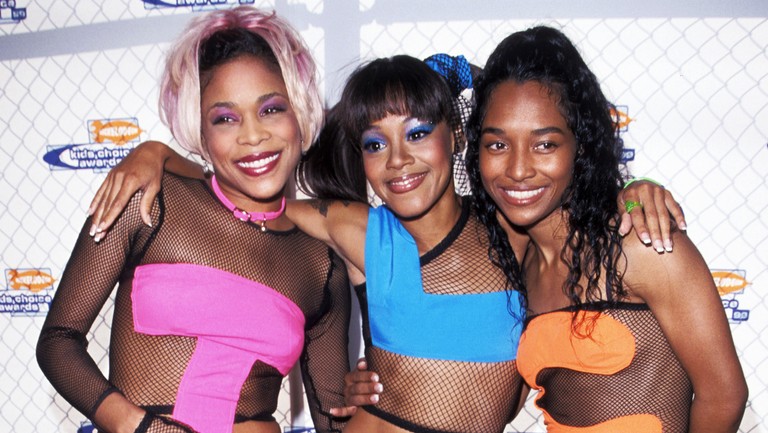
In the past, to the best of my research, there have only been three films in the MCU that used vintage tracks by Black women: “Shoop” by Salt-N-Pepa (Deadpool), “Ain’t No Mountain High Enough” by the aforementioned Tammi Terrell with Marvin Gaye (Guardians of The Galaxy) and “First Time Ever I Saw Your Face” by Roberta Flack (Days of Future Past). Mind you, I might be wrong here, so asking the fanboys/fangirls/fan non-binary persons who seemingly know every detail about these productions to help me out in case I am mistaken.
And no, “Hit The Road Jack”, also from Deadpool, with a vocal spot by Margie Hendrix of The Raelettes doesn’t count, since the single was credited solely to Ray Charles. Neither does “Flashlight” by Parliament in Guardians of the Galaxy 2, which feature the uncredited Parlet and The Brides of Dr. Funkenstein as backing vocalists on the single.
Captain Marvel is, again in my honest opinion, the best use of “jukebox” hits in the Marvel cannon, which helped it become the enjoyable popcorn flick it always was meant to be. Unlike most other MCU films, the music doesn’t feel forced, ham-fisted or attempting to be hip and cool. Hell, instead of Marvin Gaye, maybe Falcon could have recommended Blue Swede to Captain America in The Winter Soldier. At least that would have been funny.
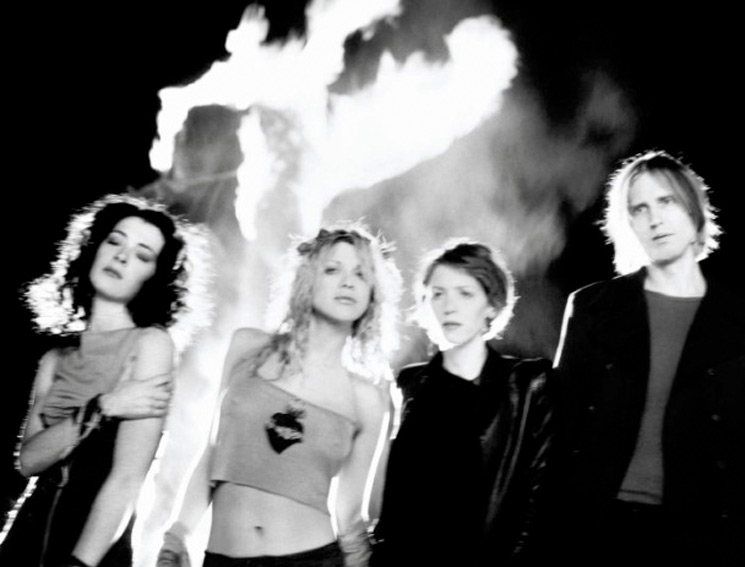
For that matter, “Copacabana” by Barry Manilow could have been inserted with re-written lyrics and still been more effective. C’mon everyone, sing along: “Her name was Carter, she was an agent…”
However, it’s a sad and sorry state of affairs when Black women are supposed to save everything, including the soundtrack to a multi-billion dollar enterprise and not even get a new physical release of their work that could expose these artists to potential new listeners. An incomplete series of videos on the Marvel website, none of which feature Black women, let me repeat that, none of which feature Black women, and a Spotify playlist that no longer exists further illustrates Marvel’s epic failure here in promoting the Black, female talent they use to sell their product.
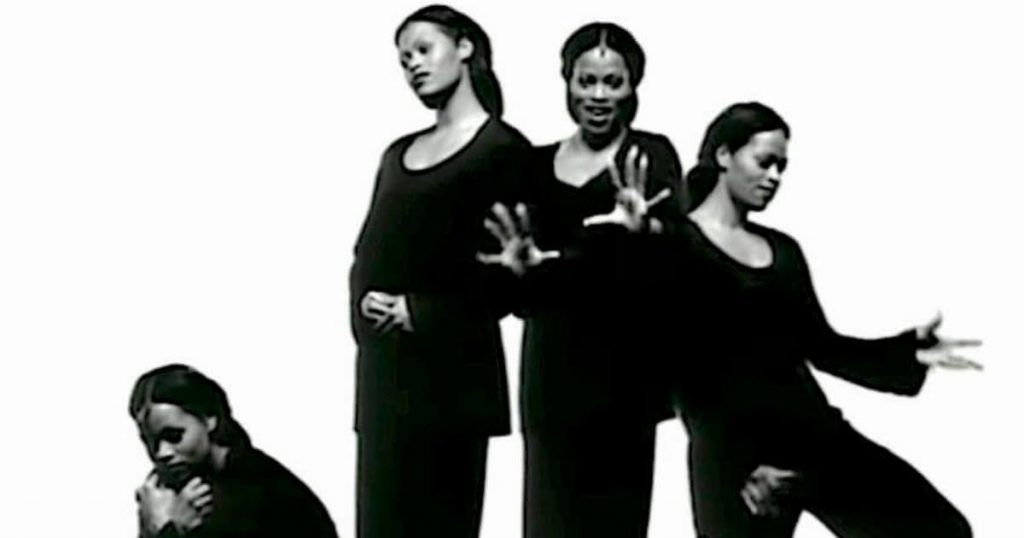
I mean, it’s not like artists, songwriters and copyright holders get royalties from Spotify streams and YouTube views, right? Hold my beer…
Can someone explain to me how the Ant-Man and Wasp‘s film score rates a second pressing, limited edition colored vinyl release with bonus tracks and Marvel can’t even link to a free clip of “You Gotta Be” by Des’ree on their Captain Marvel page? The album product detail states that composer Christophe Beck is an Award-winner. Guess what, so is Des’ree. So is En Vogue. So is…you get the picture.
The MCU marketing machine makes one finally admit that Spaceballs, the flame thrower, wasn’t comedy. For a film franchise that seemingly has their characters plastered on anything to make a buck, it seems almost quaint to dial at least something back. Almost.
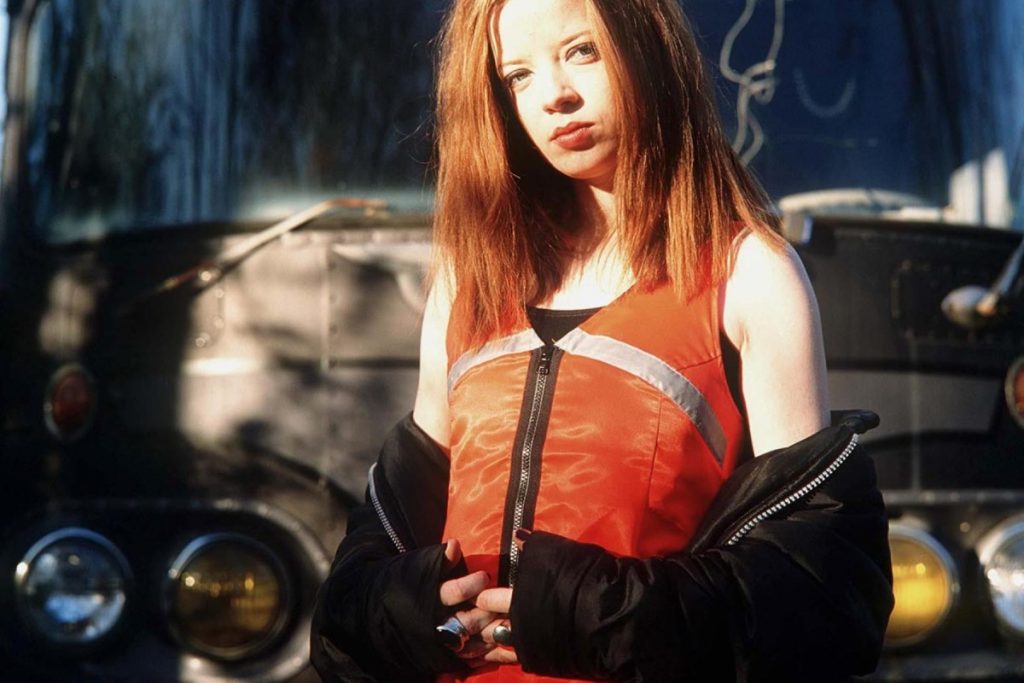
There are even two, count ’em two, “serious message songs” (copyright pending) in the film as well. You’ll have to listen closely for them, as they aren’t played or presented to illustrate how important all of this running around in spandex and rubber suits acting badass is supposed to be. And yes, they are both by women, one of them being performed Black women again! Trust me, I will be the first person to give a shout out to Marvin Gaye faster than anyone you know. But why not other artists of color, especially women? Samuel L. Jackson talks about The Marvelettes, and even sings the chorus to their best known track, but then, oddly, no music and moving on to the next scene…
A few months ago, I burned Travis an unofficial soundtrack of the music in the film. (Yes, my library is probably far, far bigger than yours.) I then posted about this disc on Instagram and then saw the requests start flooding in for a program featuring the unknowingly in-demand missing piece of the puzzle.
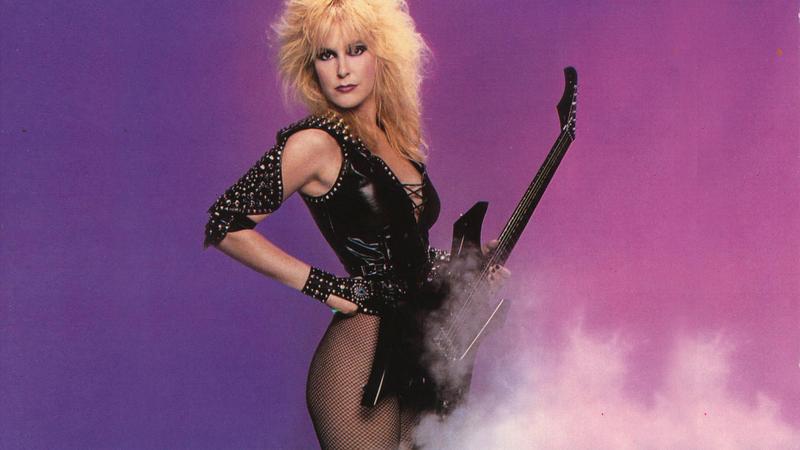
So, I am presenting here, in the order of their appearance in the film, the soundtrack Marvel didn’t put together for you and can’t seem to give you. (BTW, if you weren’t aware, I make no money off this program and actually pay to produce it out of my own pocket.) In addition, there will be a surprise near the end. Just like the films Guardians of The Galaxy and Encino Man, I’m putting something on this soundtrack that isn’t in the film; this time, it’s going to be Black women singing, wait for it…a “historically important song” (copyright pending).
If the sequel to Captain Marvel also arrives with another missing physical soundtrack in 2022, the picture’s scheduled release date, know that I will once again rise to the occasion for all of you. In the words of The Jackson 5 again, this time from 1970, “I’ll Be There. Just Look over your shoulders honey, Oooh!”
Enjoy, and pass the popcorn.
First Part
- Crazy On You, 1975, Heart, Dreamboat Annie
- Kiss Me Deadly, 1988, Lita Ford, Lita
- Whatta Man, 1993, Salt-N-Pepa with En Vogue, Very Necessary (Salt-N-Pepa) and Runaway Love EP (En Vogue)
- Connection, 1995, Elastica, Elastica
- Only Happy When It Rains, 1995, Garbage, Garbage
- Crush With Eyeliner, 1994, R.E.M., Monster
Second Part
- Waterfalls, 1994, TLC, CrazySexyCool
- You Gotta Be, 1994, Des’ree, I Ain’t Movin’
- Come As You Are, 1991, Nirvana, Nevermind
- Just A Girl, 1995, No Doubt, Tragic Kingdom
- Man On The Moon, 1992, R.E.M., Automatic For the People
- Film Dialogue: Mar-Vel, 2019, Brie Larson and Samuel L. Jackson
- Please Mr. Postman, 1961, The Marvelettes, Please Mr. Postman
Finale
- Celebrity Skin, 1998, Hole, Celebrity Skin
Love to you all.
Ben “Daddy Ben Bear” Brown Jr.
Host, Show Producer, Webmaster, Audio Engineer, Researcher, Video Promo Producer and Writer
“Copyright Disclaimer Under Section 107 of the Copyright Act 1976, allowance is made for ‘fair use’ for purposes such as criticism, comment, news reporting, teaching, scholarship, and research. Fair use is a use permitted by copyright statute that might otherwise be infringing. Non-profit, educational or personal use tips the balance in favor of fair use.”
